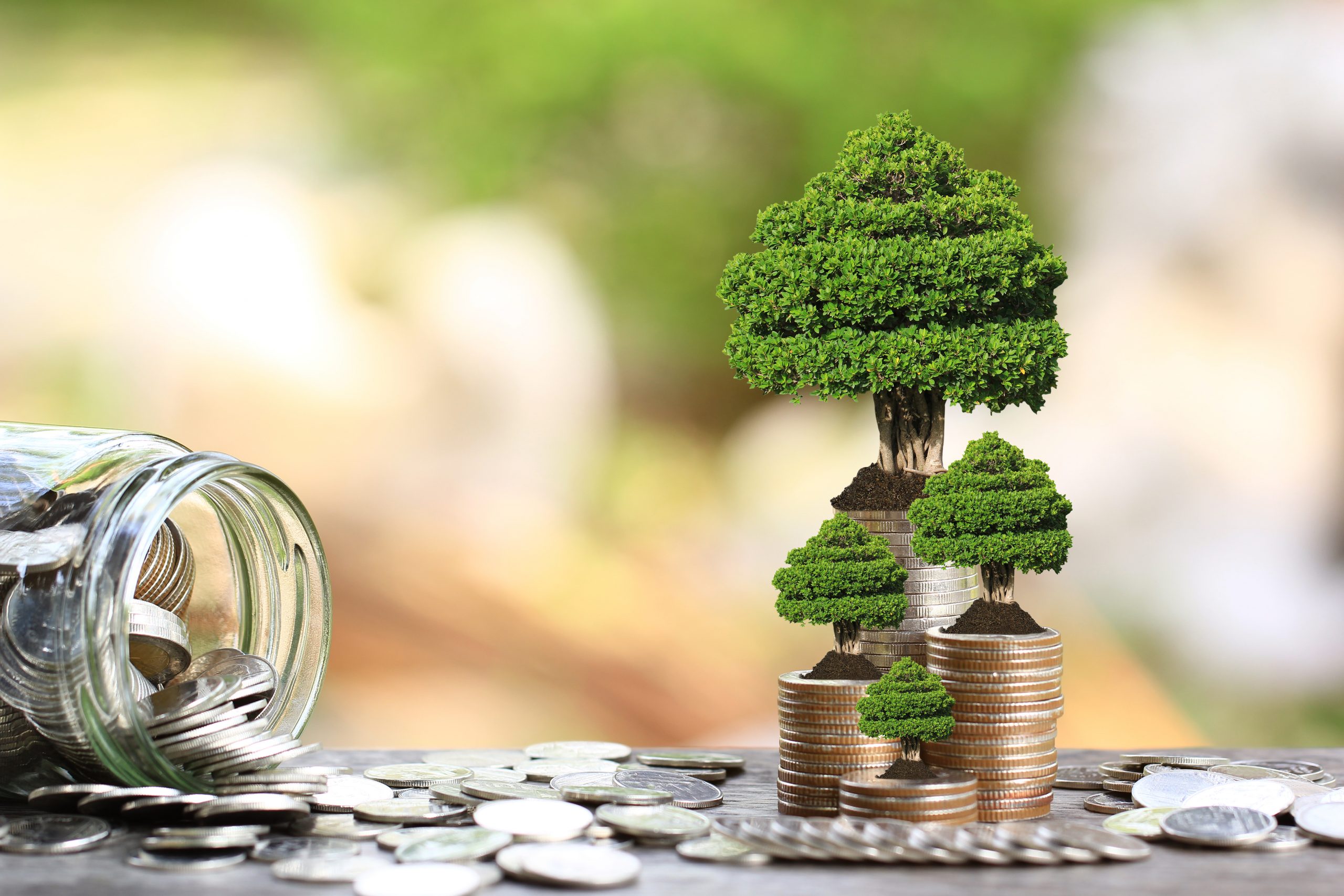What is a Sustainable Business?
What does "sustainability" mean in business?
In business, sustainability is about doing business without negatively impacting the environment, community, or society as a whole. The goal of sustainability in business is a balance between economic, social and environmental responsibilities, often referred to as the "triple bottom line". Most businesses are focused on the standard "bottom line" and do not consider their business' impact on the environment and society. The triple bottom line (people-planet-profit) approach promotes a holistic view of a business' and should be included in the sustainability report.Why is Sustainability important?
Increase of stakeholder value
Sustainability positively impacts all stakeholders, whether employees, customers, partners, investors or the local community. As markets are constantly changing today, making sustainability a necessity for businesses, companies need to invest in sustainability to stay relevant and meet stakeholder interests. The following sections presents the interests of the three most important stakeholder groups:Employees want to work for green companies, so being environmentally and socially responsible attracts engaged employees who share your vision of sustainability. This creates a positive work culture, leads to greater employee satisfaction and loyalty, and improved operational efficiency.
Customers are looking for sustainable brands they can trust, as climate change and other global issues cause consumer demand to shift from cheap and unsustainable products to green alternatives. As this affects young consumers in particular, it is important for the company's future that they understand the shift toward sustainability and shape their business models, product design and marketing to reflect the company's sustainable commitment.
Investors know that green companies are good deals with lower risk, thus they are increasingly getting involved with environmental, social and governance (ESG) assessments to determine a company's investment value. Companies with low ESG ratings are typically associated with increased risk and low return on investment for investors.
Sustainability as a competitive advantage
Sustainable business practices drive sales and set responsible companies apart from the competition. In any industry, companies that jump on to the trend first, will have a competitive advantage over their rivals and could even become industry leaders.In the long term, the development of a sustainability plan will serve as a safety net for the future and impact long-term profit margins in a positive way. Companies thus need to shift their focus from the question of how to increase profit to the question of how to reduce future liabilities. Failure to invest in sustainability could be perceived as a potential burden on companies in the future, as future environmental, worker health and safety, and community well-being regulations make sustainability practices directly or indirectly mandatory.
When objectives become a purpose, a powerful business story will emerge. This story will drive your mission and be the basis for your actionable plan. The results may not be immediate since the road to "complete sustainability" is long and you may even try different approaches before you will find the right fit for your company.



Comments
Post a Comment